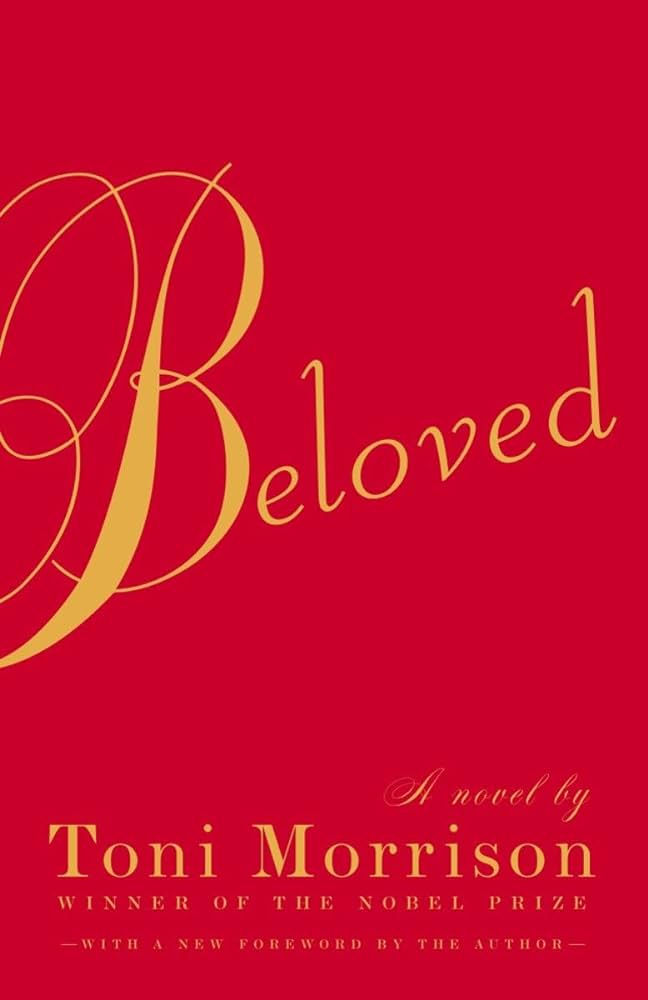ORIGINALLY PUBLISHED IN DE MODE | LITERATURE
Article Published on: 12TH MAR 2024 | www.demodemagazine.com
Literature, as an ever-evolving art form, continually produces works that transcend their time, resonating with readers across generations. In the landscape of contemporary literature, certain texts emerge as modern masterpieces, capturing the essence of the human experience with timeless relevance. This essay embarks on a journey to discover three contemporary classic literature pieces that have left an indelible mark on the literary landscape, exploring their themes, innovations, and enduring significance.
1. "The God of Small Things" by Arundhati Roy
Arundhati Roy's debut novel, "The God of Small Things," is a tour de force of storytelling that immerses readers in the lush landscapes and intricate social dynamics of Kerala, India. Through the lens of the dysfunctional Kochamma family, Roy weaves a tapestry of love, loss, and longing, juxtaposing the beauty of childhood innocence with the harsh realities of caste prejudice and societal oppression. The novel's nonlinear narrative style and lyrical prose blur the boundaries between memory and imagination, inviting readers into a world where time flows like a river, carrying both joy and sorrow in its wake.
At its core, "The God of Small Things" is a meditation on the power of memory to shape our understanding of self and society. Through the eyes of protagonists Estha and Rahel, Roy explores the complexities of identity, trauma, and the quest for liberation in a world marked by injustice and inequality. The novel's rich symbolism and evocative imagery resonate with readers on a visceral level, offering insights into the universal human desire for love, acceptance, and belonging.

2. "Beloved" by Toni Morrison
Toni Morrison's "Beloved" stands as a towering achievement in contemporary American literature, confronting the legacy of slavery with unflinching honesty and poetic grace. Set in post-Civil War Ohio, the novel tells the story of Sethe, a former slave haunted by the ghost of her infant daughter, Beloved, whom she killed to spare her from a life of slavery. Through Morrison's lyrical prose and narrative virtuosity, "Beloved" transcends the boundaries of historical fiction, weaving together themes of memory, trauma, and the search for redemption in a fractured society.
At its heart, "Beloved" is a testament to the resilience of the human spirit in the face of unspeakable suffering. Morrison's portrayal of Sethe's journey towards self-acceptance and healing is a triumph of empathy and compassion, offering readers a profound meditation on the nature of freedom and the enduring power of love to transcend even the darkest of shadows. Through its exploration of the collective trauma of slavery, "Beloved" challenges readers to confront the legacies of injustice that continue to shape the American experience to this day.

3. "The Brief Wondrous Life of Oscar Wao" by Junot Díaz
Junot Díaz's "The Brief Wondrous Life of Oscar Wao" is a kaleidoscopic exploration of identity, love, and the immigrant experience in contemporary America. Set against the backdrop of New Jersey's Dominican-American community, the novel traces the eponymous Oscar Wao's quest for love and belonging in a world marked by violence, prejudice, and cultural displacement. Through Díaz's electrifying prose and inventive narrative style, "Oscar Wao" defies categorization, blending elements of magical realism, historical fiction, and pop culture references to create a vivid portrait of the Dominican diaspora.
At its core, "Oscar Wao" is a coming-of-age story that transcends borders and boundaries, celebrating the power of storytelling to bridge the gap between past and present, self and other. Díaz's use of multiple narrators and narrative voices reflects the fractured nature of contemporary identity, offering readers a glimpse into the complexities of diasporic existence in an increasingly interconnected world. Through its exploration of themes such as family, love, and the search for authenticity, "Oscar Wao" speaks to the universal human desire for connection and belonging in a world marked by uncertainty and flux.

In conclusion, the contemporary classics discussed above stand as testament to the enduring power of literature to illuminate the human condition and challenge the boundaries of our imagination. Through their exploration of themes such as memory, trauma, identity, and belonging, these masterpieces invite readers on a journey of self-discovery and empathy, forging connections across time, space, and culture. As we navigate the complexities of the modern world, let us draw inspiration from the wisdom and insight contained within these literary treasures, embracing the transformative potential of storytelling to shape our understanding of ourselves and the world around us.